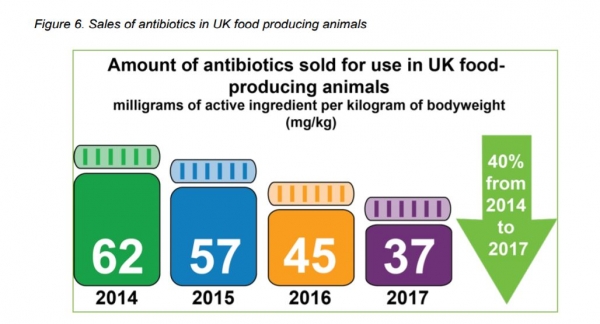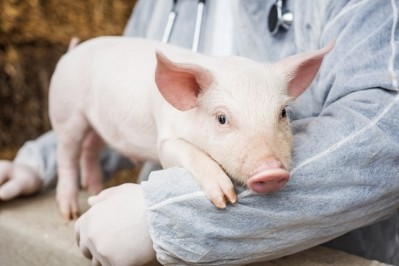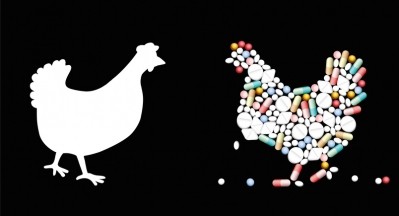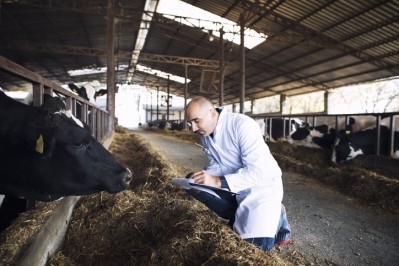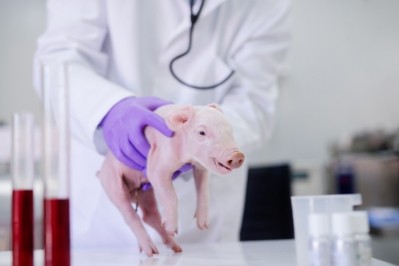UK launches action plan on antimicrobial resistance
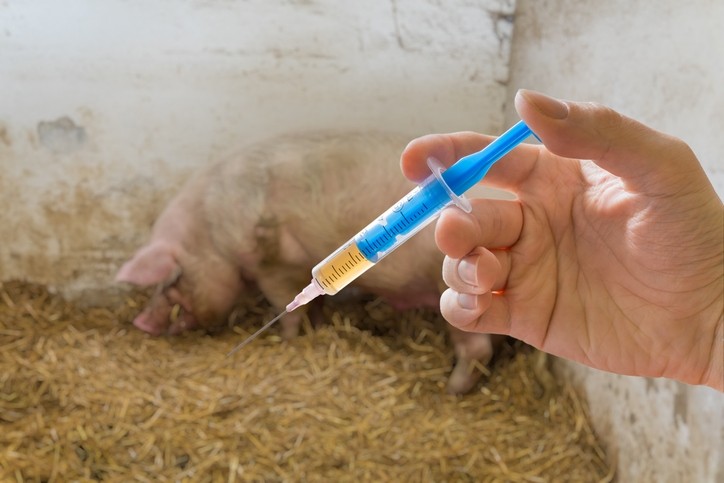
The two reports, which were launched by UK health secretary, Matt Hancock at the World Economic Forum in Davos, cover animals and the environment as well as human health.
Both the five-year plan and the vision to 2040 were informed by the human and animal health, environment and food chain sectors.
Since 2014, the UK has cut the amount of antibiotics it uses by more than 7% and sales of antibiotics for use in food-producing animals have dropped by 40%, noted a release on the report. However, the number of drug-resistant bloodstream infections in the UK have increased by 35% from 2013 to 2017, according to the five-year plan.
The UK government said it wants to work with vets and farmers to reduce antibiotic use in animals by 25% between 2016 and 2020, with objectives to be refreshed by 2021. The five-year plan outlines how the UK intends to explore potential alternatives to antibiotics including novel therapies, nutrition and genetics as well as vaccination.
“At a global level, as nationally, the UK supports research to improve the health and nutrition of different livestock, which reduces the risk of infection and the use of antibiotics. For example, ongoing work funded by the UK through the Consultative Group on International Agricultural Research includes investigations into how nutrition, housing and overall husbandry improves herd productivity.
“The UK is also involved in the International Research Consortium on Animal Health (STAR IDAZ)."
The five-year plan also outlines how there is a need for better understanding of how AMR spreads within and between animals, humans and the environment, and how to control it.
The pharmaceutical industry will be expected to take more responsibility for antibiotic resistance, according to the report. The National Institute for Health and Care Excellence (NICE) and the National Health Service (NHS) in England are going to explore a new payment model that pays pharmaceutical companies based on how valuable their medicines are to the NHS, rather than on the quantity of antibiotics sold.
‘UK farming sector has potential to be global leader in the area of responsible antibiotic usage’
The UK’s Responsible Use of Medicines in Agriculture (RUMA) Alliance welcomed the reports.
RUMA chair, Gwyn Jones, said the vision and the action plan show the potential the UK livestock industry has to be a future world leader in responsible use of antibiotics.
“The new five-year National Action Plan will support our plans to continue progress in reducing, refining or replacing antibiotic use. The chapters on food-producing animals focus on planning ahead to prevent disease wherever possible, keeping livestock healthy and ensuring appropriate and responsible use of antibiotics only where necessary to treat disease and protect animal welfare.
“There is also a strong focus on improving quality of data, a subject very much front of mind in the cattle and sheep sectors in particular at the moment.”
Data collection
Indeed, the five-year plan highlighted the need for more robust data in the livestock sector. “In the UK, although good data on overall antibiotic use is now available for many livestock sectors, it can be improved in others. There is also a need for more information on various related factors such as reasons for treatment, demographic, disease and treatment history.”
As a case study, the report explains how the eMB-Pigs database developed by the AHDB levy board allows producers to record antibiotic usage on a quarterly basis and is a requirement of the Red Tractor and Quality Meat Scotland schemes. The benchmarking option “helps stimulate the farmer-vet conversation” and encourages higher users to review usage.
Moving away from blame game
Jones also hailed the fact that the narrative around the AMR issue in the UK would appear to have moved away from one of blame between veterinary and human healthcare, to a genuine interest in what each other is doing.
“For example, the potential presence of antibiotics and resistance genes in the environment is an area that is of growing concern to both medical and veterinary specialists. We are looking to boost our understanding of and action in this area by recruiting a specialist in environmental science to our Independent Scientific Group in the near future.
“We all need to work together – the risk of antibiotic resistance is a medical, veterinary, environmental, food and business challenge we all share. We are now working far more closely with colleagues in other disciplines and it is evident there is much benefit to be had.”
